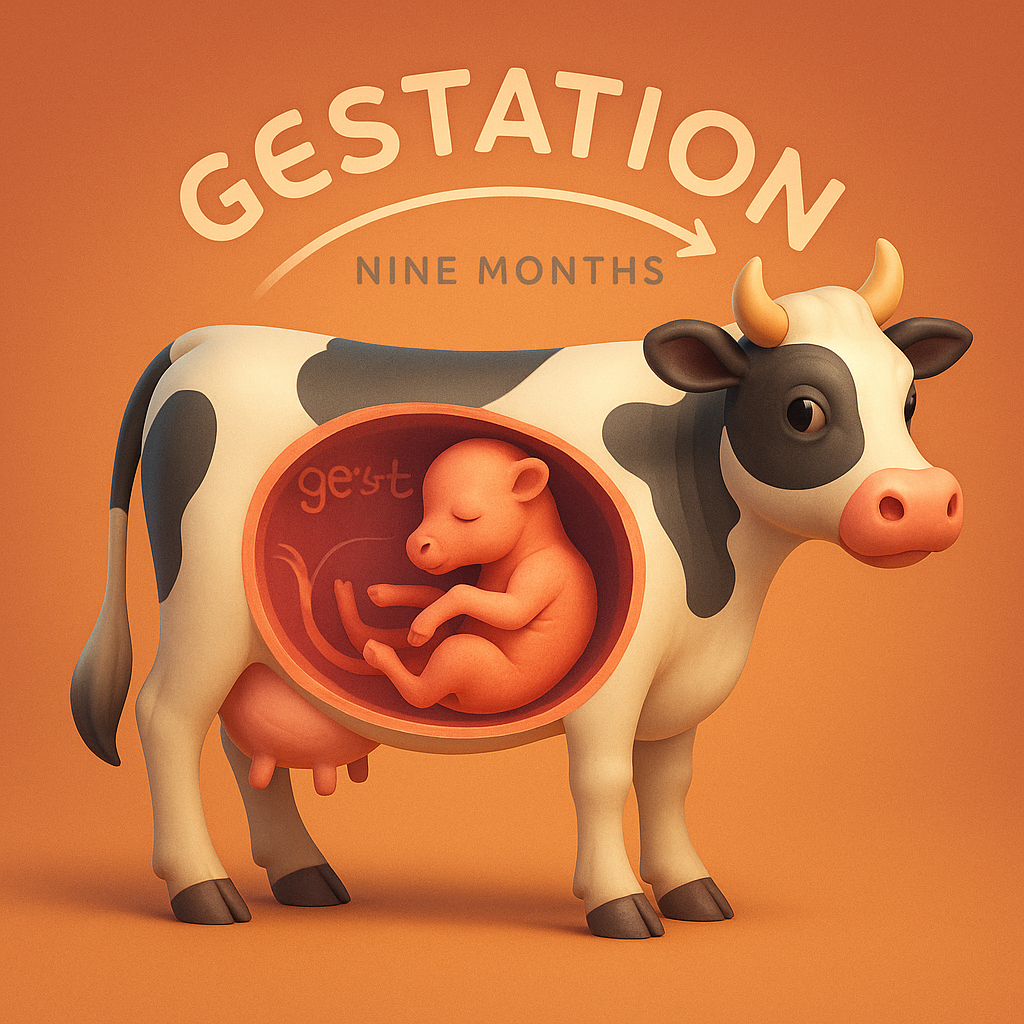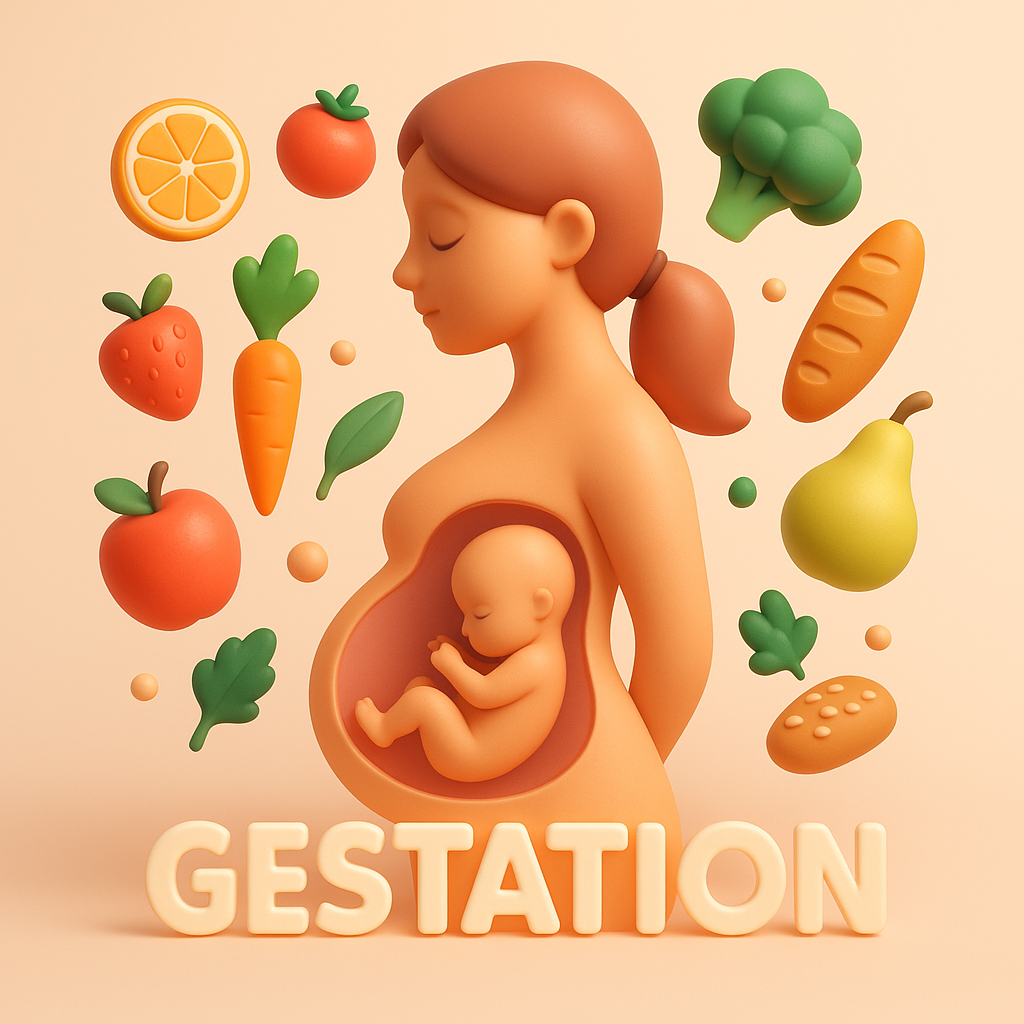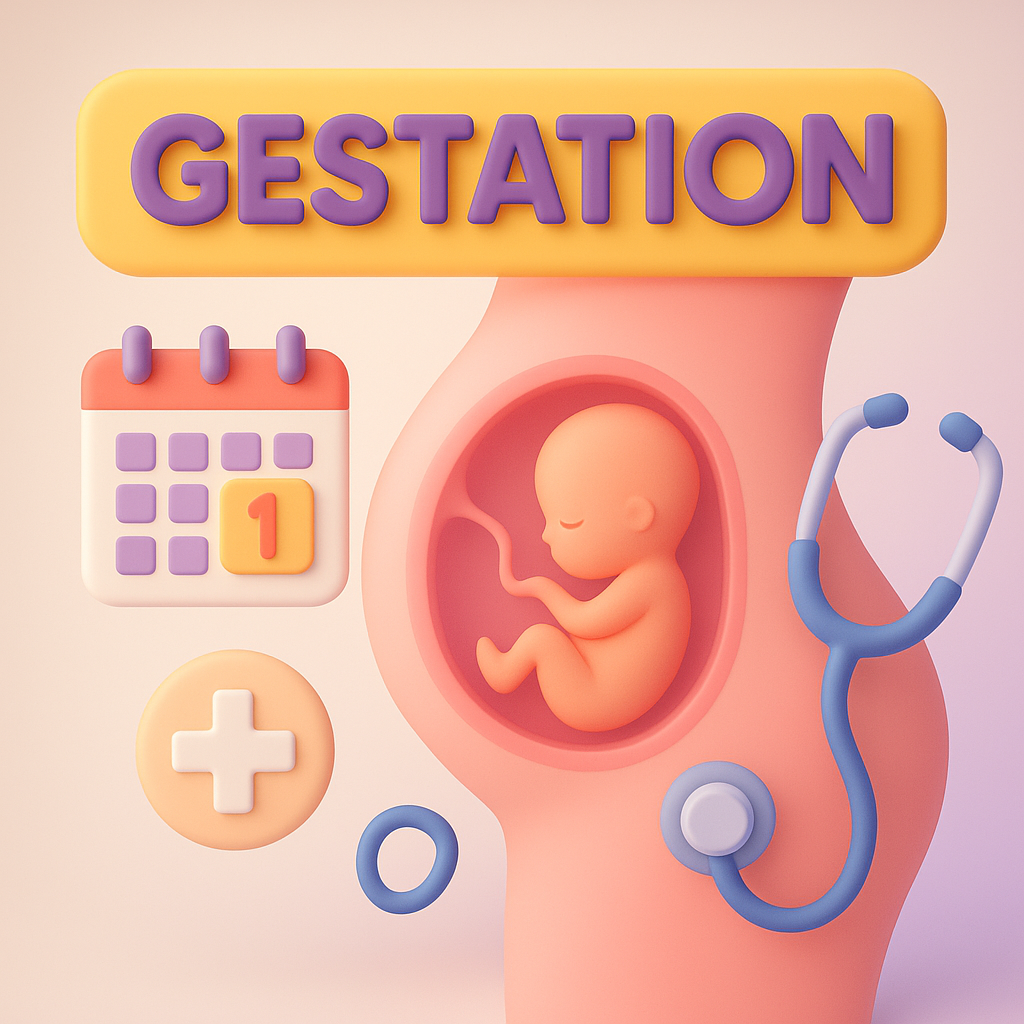Gestation
Definition
Gestation refers to the period of development from conception until birth in viviparous animals, including humans; it can also denote the process of carrying or being carried in the womb. Its adjectival form is gestational.
Parts of Speech
- Noun
Pronunciation
American English
- IPA: /dʒɛˈsteɪʃən/
- Respelling: jeh-STAY-shuhn
British English
- IPA: /dʒɛˈsteɪʃ(ə)n/
- Respelling: jeh-STAY-shuhn
Etymology
Mid 17th century (denoting the period of pregnancy): from Latin gestātiōn- ‘a carrying, bearing,’ from gestāre ‘to carry, bear’ (frequentative of gerere ‘to carry’).
Derivatives
- gestational (adjective)
- gestate (verb)
- gestator (noun, rare)
- gestationally (adverb)
Synonyms
- pregnancy
- gravid period
- gestescence (rare)
Antonyms
- birth
- delivery
- postpartum (period)
Usage
The noun "gestation" is used in medical, veterinary, and biological contexts to describe the period of pregnancy. For example, "She completed her first trimester of gestation with regular check-ups," or "Elephants have one of the longest gestations among mammals."
Related Terms
- Embryo: The early stage of development after fertilization.
- Fetus: The stage of prenatal development after the embryonic period.
- Trimester: One of three roughly equal periods of human pregnancy.
- Placenta: The organ that provides nutrients and oxygen to the fetus.
- Parturition: The act of giving birth.
Detailed Definitions
Noun
- The period of development from conception to birth – the time in which the embryo and then fetus develops in the uterus.
- Example: "The cow’s gestation lasts about nine months."
- The process of carrying young in the womb – the physiological and hormonal changes that support fetal growth.
- Example: "Proper nutrition is crucial throughout gestation."
gestation








